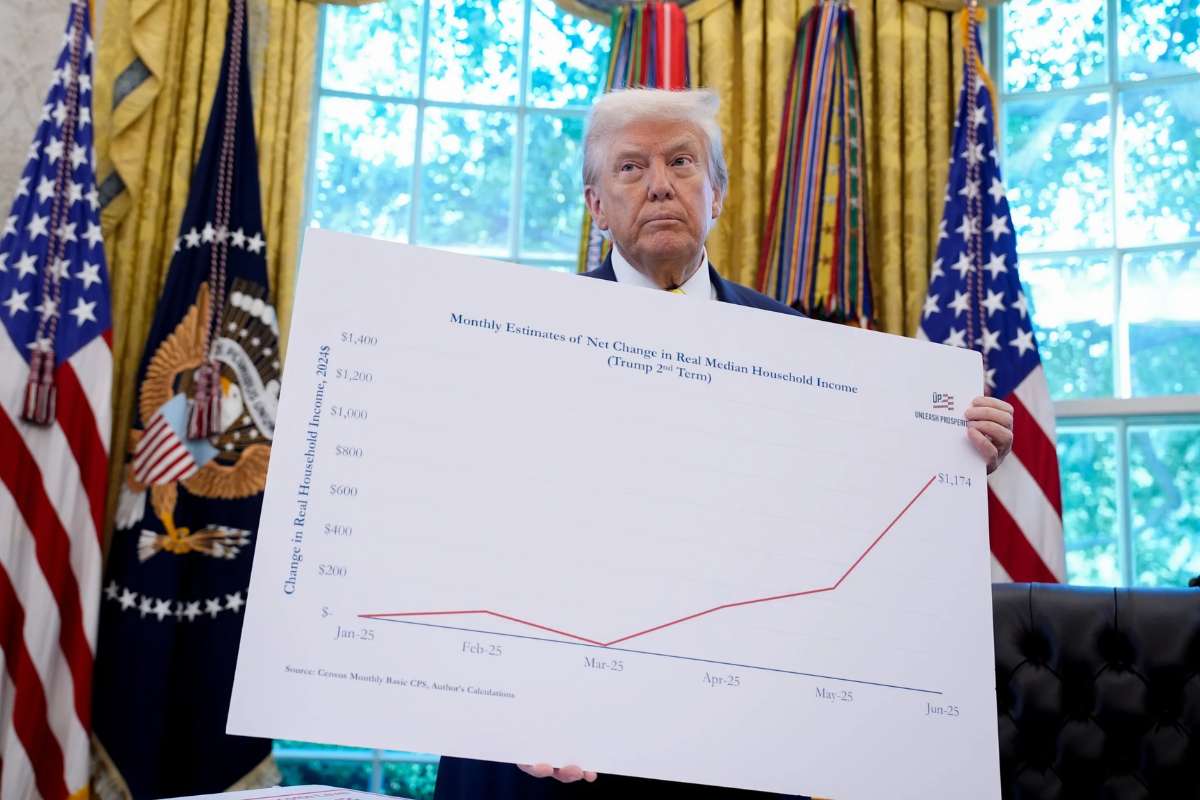Key Points:
- Trump’s BLS pick, Dr. E.J. Antoni, raises concerns over data integrity and politicization.
- Antoni suggests quarterly job reports, sparking transparency backlash.
- Critics question his qualifications and impact on trust in U.S. data.
President Donald Trump has nominated Dr. E.J. Antoni, chief economist at the conservative Heritage Foundation, to lead the U.S. Bureau of Labor Statistics (BLS). The move follows the sudden removal of former commissioner Erika McEntarfer after a disappointing July jobs report and significant downward revisions to earlier figures. While Trump alleged that the prior leadership mishandled the data, no official findings have confirmed those claims.
Antoni, who holds a PhD in economics, has long criticized the BLS’s methodology, describing recent employment data as unreliable and calling for a complete overhaul of the agency’s reporting systems. In announcing the nomination, Trump praised Antoni as someone who would restore “honest and accurate” economic figures to the public record.
Proposal to Halt Monthly Jobs Reports
Before his nomination became public, Antoni suggested suspending the widely followed monthly jobs report in favor of quarterly releases, which he argues provide more accurate results. He contends that until current methods are fixed, the monthly numbers risk misleading policymakers, investors, and the public.
The proposal quickly drew sharp criticism from economists, market analysts, and business leaders, who warn that halting monthly updates could create an information vacuum. They argue that such a pause would reduce transparency, increase market uncertainty, and erode confidence in the nation’s economic indicators. Opponents also caution that the absence of regular government figures might push decision-makers toward private data sources, which vary widely in quality and methodology.
Despite Antoni’s comments, the White House has said it intends for the Bureau of Labor Statistics to continue publishing its monthly jobs reports, while emphasizing the need to improve their accuracy.
Concerns Over Qualifications and Independence
Antoni’s nomination has ignited debate over his qualifications and the potential politicization of the Bureau of Labor Statistics. Critics point to his lack of direct experience in Labor Statistics or large-scale economic data management. They also highlight his close ties to partisan policy initiatives, questioning whether he can lead the agency with the neutrality traditionally expected of its commissioner.
Several economists have voiced concern that any move to alter or pause long-standing reporting practices could undermine global trust in U.S. economic data. Such a loss of confidence, they warn, could have lasting consequences for markets, business planning, and even the Federal Reserve’s policy decisions.
Supporters of Antoni, however, argue that his skepticism toward current practices is exactly what the agency needs to modernize and rebuild public trust. They see his appointment as an opportunity to address perceived flaws and ensure that government data better reflects economic reality.
Antoni’s nomination now heads to the Senate, where confirmation hearings are expected to be contentious. Lawmakers will likely press him on his plans for the monthly jobs report, his approach to statistical integrity, and how he intends to keep the agency’s work free from political influence.











